Topics
7 Tips for Growing an Organic Garden
Types of gardensWhat Does the Word “Organic” Mean?
People use the term “organic” to mean a lot of different things when it comes to gardening and vegetables. It can be a confusing term. Let’s start off with three common uses of organic.
Organic matter - Decaying plant and animal waste. Organic matter is an important component of all healthy soil.
Organic gardening - A way of gardening that promotes more natural types of gardening. Organic gardening is generally a more natural, holistic approach to gardening, rather than depending on synthetic chemicals as fertilizers, herbicides, and pesticides.
Organic agricultural products - This is a much more specialized term. In the United States, the USDA certification requires sellers to meet strict standards in order to sell their products with the USDA organic label. These farmers use a lot of the same methods as organic gardeners but on much larger scales.

Why Grow Organic?
Many people are very interested in organic gardening for a variety of reasons.
Health - Many synthetic products used in conventional farming are derived from things like petroleum and can be toxic to use in large quantities. If you want to avoid ingesting harmful chemicals, not using them in your own garden is a great start.
Organic produce also wins against conventionally grown produce in terms of vitamin and mineral content. It’s tastier, too!
Environmental Impact - Synthetic chemical products are not only unhealthy for humans but also for the environment.
Synthetic herbicides and insecticides can damage healthy pollinator populations and soil productivity, especially when used on large scales. Run-off from fertilizers can poison waterways and harm local ecosystems.
Soil Health - Healthy soil is part of the greater ecosystem, but it’s also a matter of practicality. Healthier soil is more productive and easier to maintain without needing as much aeration or replacement due to erosion.
Cost - Organic gardening methods are often much less expensive than their chemical counterparts. Making your own compost, conserving your soil health, and using recycled materials can save you a lot of money in the long run.

7 Steps to Organic Gardening
If you’re trying to get organic certification, you need to be incredibly strict with your methods. But for the aspiring organic home gardener, here are some general steps to get you to your goals.
- Build healthy soil. Build on your success from the ground up. Getting your soil tested is a great first start. Millions of organisms live in healthy soil and contribute to its microbiome.
- Use natural fertilizers. If your soil needs some extra TLC, fish fertilizer, compost, and worm castings are all great sources of food for your garden.
- Rotate plant families. By changing what you grow from year to year, you’ll build nutrients in your soil rather than depleting it. This is also an easy way to discourage pests and diseases.
- Grow more diverse gardens. Monocultures encourage pests and deplete soils. Companion planting can help your garden to thrive and give you even more enjoyment.
- Use cover crops. In the off-season, don’t allow your beds and gardens to become overrun with weeds or to become compacted. Cover crops help improve the soil in between crops by gathering nutrients and outcompeting weeds. When the time comes to plant your next crop, the remaining residue can be used as mulch.
- Weed control. Mulch, gardening fabric, and good old-fashioned hand pulling are three simple, non-toxic ways to keep weeds at bay.
- Pest control. This is possibly the trickiest part of gardening, organic or not. Did you know that almost all organic pesticides are used by conventional gardeners, too? Regularly check your plants for pests and use barriers like row covers and cutworm collars.
Each of these steps will lead to a more natural approach to gardening. Build on them, one at a time, and before you know it, you’ll be able to boast a wholly organic garden of your own!






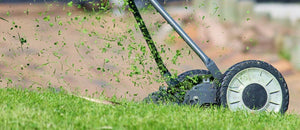
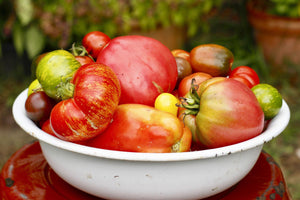
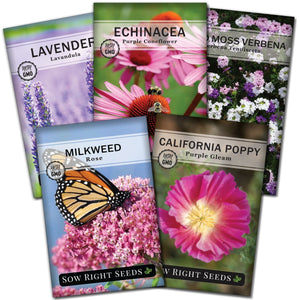
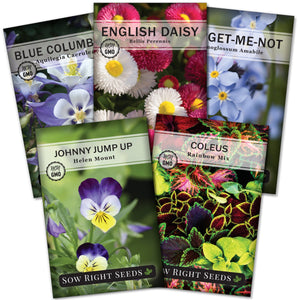
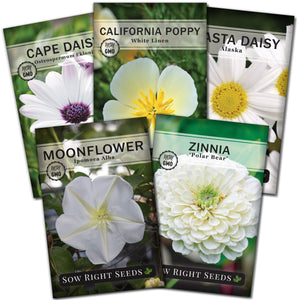
Leave a comment